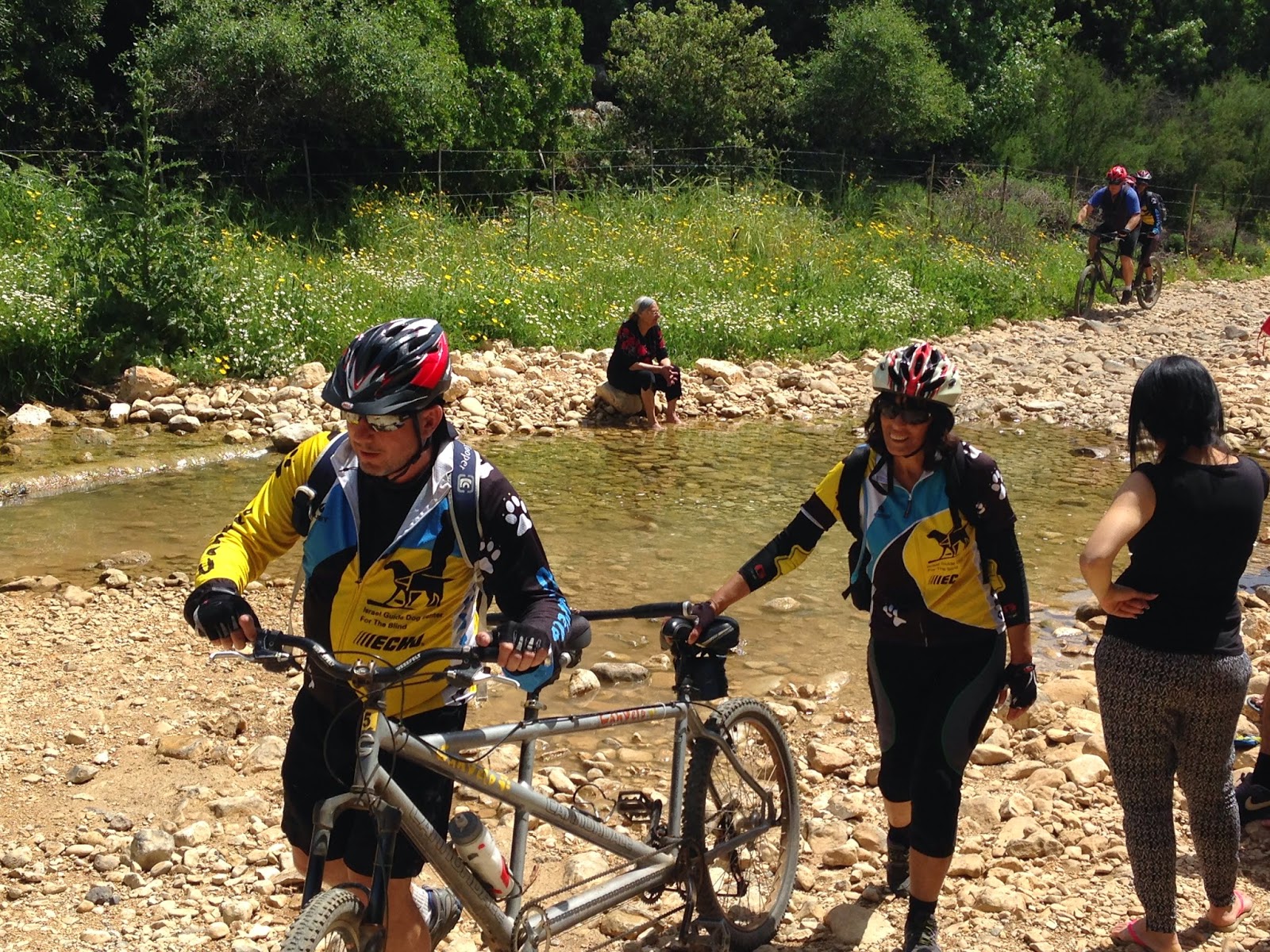.JPG) |
| Newspaper headline reads: "The honor of helping." |
Countries around the world offered help and aid. The US,
India and the UK pledged aid money. China sent a 62-member search and rescue
team. Australia, Malaysia, Pakistan and the E.U. promised aid. These are all
big countries with abundant resources and some of them are regional neighbors
of Nepal. It makes logical sense that help comes from here.
Yet one teensy country that is the size of New Jersey was
the first one in Kathmandu with an operational field hospital of 60 beds.
Its
250 doctors, nurses, paramedics and rescue teams were already working saving
lives and rescuing people by Wednesday morning.
A few hours later, they had operated on over 100 wounded and delivered a
baby in their obstetrics unit.
.JPG) |
| Israeli doctor from Nepal: The honor and need of aid |
This country is not a neighbor of Nepal and it is not a rich
country. It is not exactly a stable place either, with enough domestic and
international issues to fuel negative news stories around the world. Yet this
particular story, about a country that has a large heart, loves mankind and
whose essence is giving, may never appear in the headlines.
The country with a heart? Israel. Where is Iran’s search and rescue team? And
where is its millions of dollars worth of aid for Nepal? What about Saudi
Arabia? Bahrain? Turkey? Yemen? These countries have far more
money than Israel and are geographically as close or closer to Nepal. (Forgive
me if they have contributed; I could not find this information.)
Setting up the Israeli field hospital in Kathmandu, Nepal.
On a smaller scale, I recently read that two Israeli trekkers who
were rescued in Nepal decided not to go home but to stay and help. Imagine being struck
by a huge natural disaster, being stranded without food and water, then
rescued and invited to board a helicopter to safety and security. Well Aviv
Rosen and Yonatan Molcho said “No, thanks. We would rather stay here in Nepal
and help rescue lives.”
When Aviv’s mother was interviewed about her son’s decision
by The Times of Israel, she explained, “It is certainly not easy, but I understand he
has values and thinks about others beside himself,” she said. “I am very proud
of my son; I think the entire country should be proud of such a boy who doesn’t
just up and leave but stays behind to help dozens of people. He stayed behind
[and didn’t fly back home] because of his love for mankind, not in order
receive anything.”
These
two young men had just served in the army for three years. They were finally
free to travel, explore, indulge, enjoy. Yet they decided to stay. Why?
Possibly because these three army years showed them that life is not able
serving oneself, it is about looking after others.
And this
is teensy Israel. She is always on the lookout to lend a helping hand and to make the world a
better place. A new organization called The Hallelu Foundation has been set up to explain the light and the love that is the real Israel. They will not need to look far for positive stories to tell because Israel truly loves mankind. We just need mankind to listen.
Here is their promotional video:






